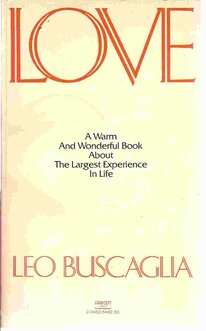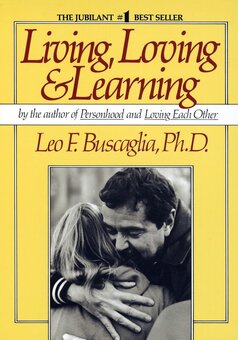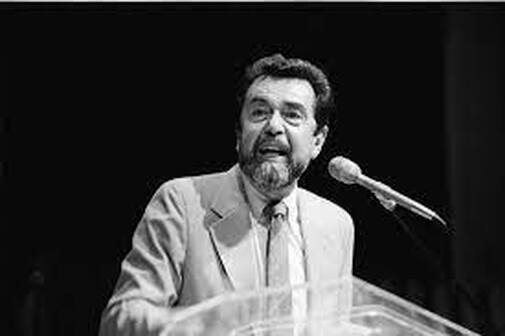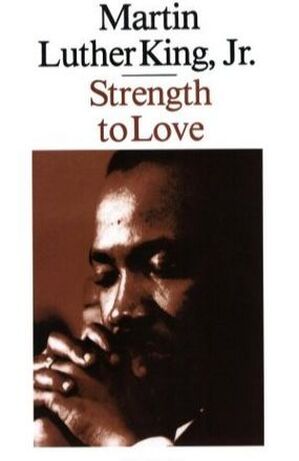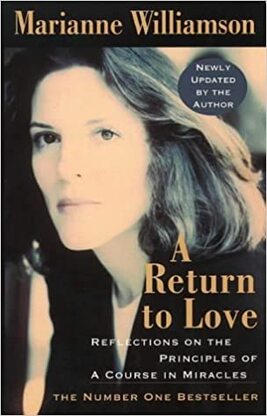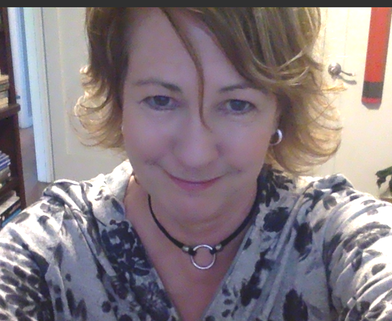Friends, welcome to the 4th edition of the "Tracking Your Wyrd" course.
I hope you had fun in our last letter remembering the characters you were drawn to in fiction, film, television, et al. This week could be considered Part II of tracking our wyrd through the characters we are drawn to, only this time I want to talk about “real life” people, those people we may know personally or public figures we may never meet, but still they influence us. Unlike last week, we won't need to stay in childhood or adolescence - we'll "grow up" a bit, taking a more expansive view over our lifetimes.
I want to repeat something I shared with you last week regarding the people we are drawn to. “Look at them,” our Genius seems to say. “There’s something you need to learn from them. There’s something they have that you’ll need to have too.” So we are drawn to them because . . .
I want to repeat something I shared with you last week regarding the people we are drawn to. “Look at them,” our Genius seems to say. “There’s something you need to learn from them. There’s something they have that you’ll need to have too.” So we are drawn to them because . . .
They have magic.
They have medicine.
They have magnetism.
They have mana (a spiritual life force) and they are manna (they provide nourishment).
There are many names that these people in our lives are given. They may be...
Regardless of what we call them, they share similar sets of qualities.
- Role models
- Mentors
- Heroes and heroines
- Teachers
- Guides
- Allies
- Leaders
- Muses
Regardless of what we call them, they share similar sets of qualities.
- They support us in becoming who we were meant to be
- They inspire us
- They show us possibilities for our lives
- They encourage us when life is difficult, when we feel stuck or blocked
- They awaken our imagination
- They draw something out of us
- They believe in us
- They are standard bearers of the qualities, attitudes, and behaviors we most want and need to develop
- They show us our reflection—we can see ourselves (or want to see ourselves) in them
Though there are a lot of different names these people go by, I’m not particularly pleased with any of them. I don’t think they exactly get to the magic these people hold in our lives, nor their necessity. There’s no “fictional flair,” a term I borrow from James Hillman, that stimulates our imagination.
Take the word “educator,” for example. These people may be educators, but that word has little fictional flair or romance to it at all. But there’s something inside of that word that gets closer to what I want here. The etymology of educator is linked to the Latin word educere, which means to lead out or bring forth. That’s what these people I’m talking about do—they lead out or bring forth the genius within each of us. They are wyrd developers, wyrd attendants, wyrd midwives, wyrd guardians, wyrd instigators, wyrd inspirators. They are ambassadors of wyrd, they are commissioners of wyrd, they are ministers of wyrd, they are procreators of wyrd, they are shepherds of wryd.
Paradoxically, they show us that we are not weird in that word’s negative connotation because they often show us we’re not alone, that others think and feel and behave as we do, as we want to do, as we know we are, as we want to be.
Let me tell you the story of my three shepherds of wryd as a way to stimulate your similar search. As a child, I was preoccupied by humanistic values, or rather, the dearth of them in the world around me. Kindness, compassion, fairness, equality, the dignity of all people—before I knew what the word axiology meant, I had constructed my own value system—and my highest value, or to use the opposite spatial metaphor, my foundational value, was always love.
When people asked me what I wanted to do when I grew up, I just wanted to love, though of course I was too embarrassed to answer the question this way—how weird! Lover was not on the guidance counselor’s list of possible careers—and to say I wanted to be a lover, well, you can imagine the raised eyes I’d get over the connotations of that word! But secretly, that’s what I wanted to do—I wanted to teach people to love and I wanted to demonstrate love and I wanted to make the world a more loving place. Love, in short, is central to my wryd.
When people asked me what I wanted to do when I grew up, I just wanted to love, though of course I was too embarrassed to answer the question this way—how weird! Lover was not on the guidance counselor’s list of possible careers—and to say I wanted to be a lover, well, you can imagine the raised eyes I’d get over the connotations of that word! But secretly, that’s what I wanted to do—I wanted to teach people to love and I wanted to demonstrate love and I wanted to make the world a more loving place. Love, in short, is central to my wryd.
|
I had no models for this. I had no educators who were drawing love out of me. I had no allies or muses or guides. Until I did. Until I found one. I found one in a book on a shelf at my grandparents’ house. It was a book simply titled Love, by Leo Buscaglia, published in 1972 when I was 8 years old, though I found it sometime in my teens. Some of you may be old enough to remember Buscaglia. He was a special education professor at the University of Southern California who was very moved by the suicide of a student there, and it had him contemplate human disconnectedness, the very lack of those humanistic values I mentioned above. |
This led him to start a non-credit course called Love 1A, which became tremendously popular. During the course he developed the material that appeared in the book I found on my grandparents’ shelf—he would later go on to write Living, Loving, Learning (1985) and Loving Each Other (1986). He became a popular speaker on the Public Broadcasting Service (PBS), which is where I heard him speak. I remember being astounded by the fact that people would line up after his lectures for a hug—you could do that? That’s not weird? I not only admired Dr. Love, as he was called—I wanted to be him. I wanted to teach Love 1A and speak about love publicly. I wanted to love people and inspire people and hug people, and encourage them to hug each other more.
|
I found a second minister of my wyrd in my thirties when I took a deep dive into the life and work of Dr. Martin Luther King, Jr. While we know King as the most important and influential leader of the American Civil Rights Movement in the 50s and 60s, the author bell hooks called King “a prophet of love” and I think she’s got that just right. No leader of that largess that I know of has ever spoken so often and so passionately about love. “Love must be at the forefront of our movement if it is to be a successful movement,” he said. He gave me a term I adore to this day—the beloved community, a community where personal and social relationships are created and sustained by love. (I have so much more to say about King and love—I’ve written about it profusely. Click here to download a pdf of one such essay).
Buscaglia was a teacher of love, and King was a preacher of love, and both men expanded my possibilities and emboldened me to bring more love consciously to my teaching (which was and still is my ministry), both in subject matter and in the way I teach. |
|
I never met either Buscaglia or King personally, but I did meet the third ambassador of my wyrd, Marianne Williamson, also in my thirties. Williamson wrote the popular book A Return to Love, published in 1996, and I devoured that book and all her audio lectures on the topic of love and relationships. I attended some of her public lectures; I traveled with her on a spiritual pilgrimage to Greece; I joined her American Renaissance Alliance, which later became the Global Renaissance Alliance, fully online with her vision to bring conversations about humanistic values such as peace and love into the political sphere.
I’m no Leo Buscaglia, I’m no Martin Luther King, Jr., I’m no Marianne Williamson. I’m not comparing myself to them—that’s not the point. The point is that Leo Buscaglia, Martin Luther King, Jr., and Marianne Williamson helped me to become more Jennifer Leigh Selig. They encouraged my wyrd, they emboldened my wyrd, they led my wyrd out of me.
|
So for your reflection this week, I invite you to think back upon the people in your life--the teachers, the coaches, the mentors, the role models, the leaders, the heroes and heroines, the muses, the public figures, the aunties and uncles and other family members, the musicians, the actors, the creators, the next door neighbors, the authors, the historical and religious figures—those who educated your wyrd. If you’d like to journal about it, I suggest making three columns—one for the names of the people you’ve been drawn to, one for the qualities you most admire about them, and one for how those qualities have been developed or expressed in you. Don’t feel bad if you realize they are under-developed or under-expressed—no judgment here, just more sniffing for clues as we track our wyrd.
Our chief want in life is somebody who will make us do what we can.— Ralph Waldo Emerson
The delicate balance of mentoring someone is not creating them in your own image, but giving them the opportunity to create themselves. — Stephen Spielberg
You cannot teach a man anything. You can only help him discover it within himself. — Galileo Galilei
A mentor is someone who sees more talent and ability within you, than you see in yourself, and helps bring it out of you. — Bob Parker

